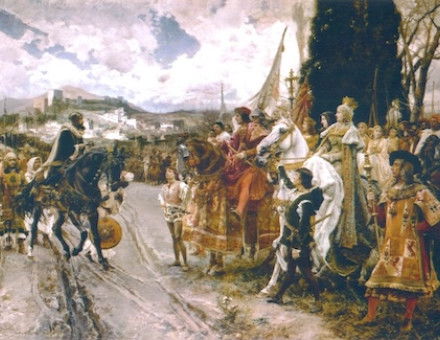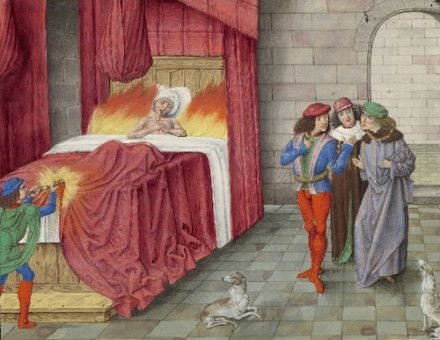Writing World History
C.A. Bayly looks at the opportunities presented to the historian in the 21st century when trying to write the history of the world.
During the late twentieth century a dominant aim of the historical profession was to write deeper and more nuanced social histories. This was done through studies of localities and institutions and by revealing the experience of people ‘without history’ or ‘people without power’. As far as history outside Europe was concerned, the profession retreated from imperial history, replacing it with an ‘area studies’ approach. Historians now drew their inspiration from indigenous language sources and local colonial archives. The characteristic triumphs of the profession at this time were books such as Emmanuel Le Roy Ladurie’s Montaillou (1976), Robert Darnton’s The Great Cat Massacre (1984) or Keith Thomas’s, Religion and the Decline of Magic (1971). Philip Kuhn’s Soulstealers (1990), a study of a millenarian ‘panic’ in mid-eighteenth century China represented a similar genre for the overseas world.





